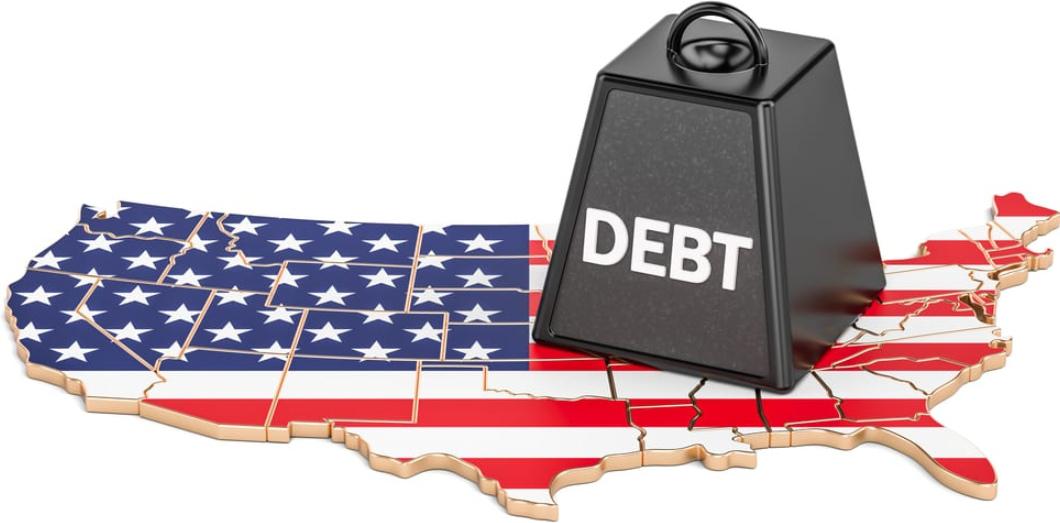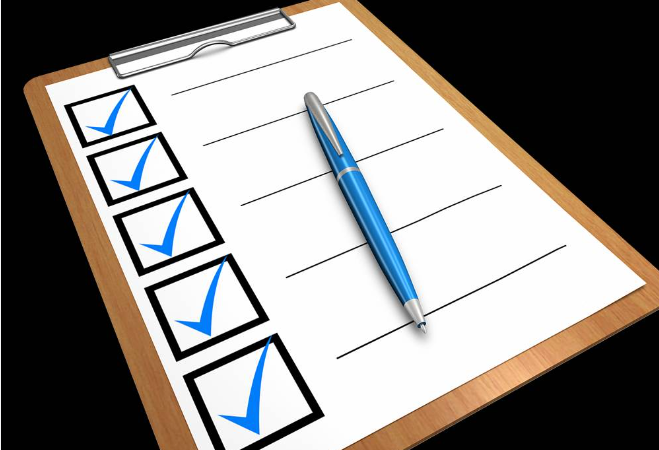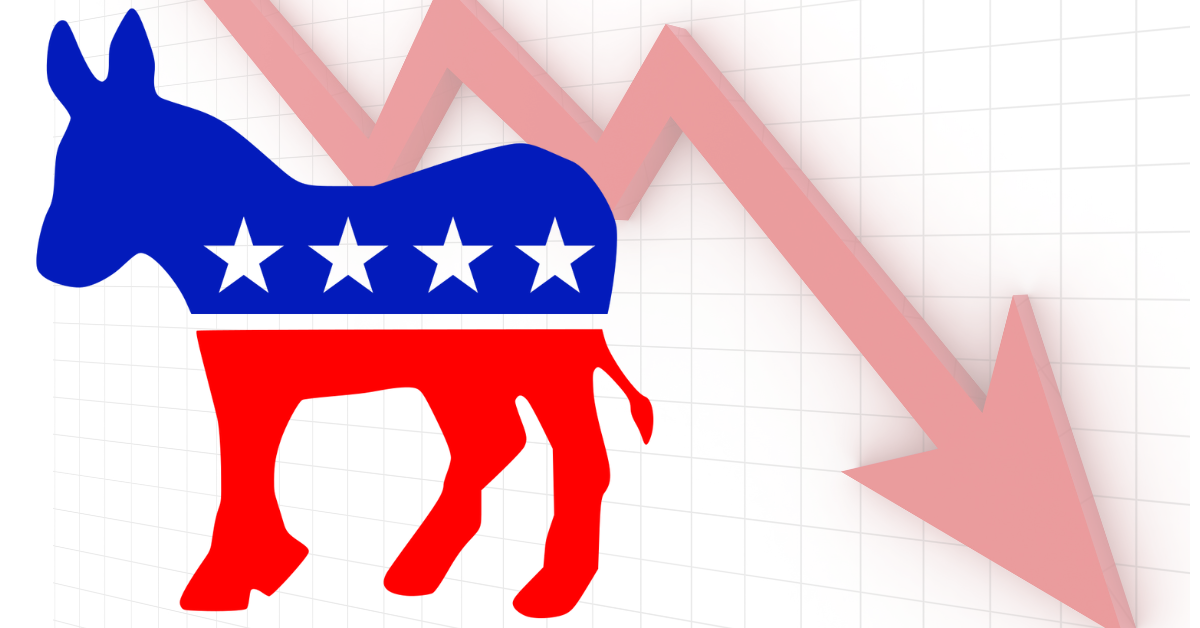Resonate reveals how skyrocketing debt, voter frustration, and economic uncertainty are reshaping the political landscape in 2025.
What to Know:
- The U.S. national debt has surpassed $36 trillion, reaching unprecedented levels.
- The budget deficit surged 39% in one year, hitting $711 billion in Q1 alone.
- Interest payments on the debt exceeded $308 billion in just three months.
- 78% of Americans want the deficit to be a top priority for Congress and the president.
- In key swing states, 90% of voters demand candidates present a clear debt-reduction plan.
America’s national debt has skyrocketed past $34 trillion, a figure once deemed unfathomable. In just the past year, the deficit has surged by 39%, reaching $711 billion in the first quarter alone. Yet, for decades, politicians from both parties have ignored the growing crisis, pushing it onto future leaders. Now, with interest payments on the debt exceeding $308 billion in just three months, inflation squeezing household budgets, and public confidence in government spending at an all-time low, the reckoning is here.
A new study from Resonate, a leading data analytics firm, reveals a stark reality: 77% of voters identify as fiscally moderate or conservative, and they’re paying attention. As policymakers scramble for solutions, Americans are demanding action—and the next election could be shaped by who they trust to fix it.
Americans Are Losing Patience with Washington’s Fiscal Irresponsibility
Resonate’s data highlights a growing frustration among voters: the soaring national deficit is no longer an abstract concern—it’s a crisis, and empty promises of “fiscal responsibility” from both parties won’t cut it. This anxiety isn’t confined to one political camp. Republicans, Independents, and even a significant share of Democrats now view unchecked government spending as a direct threat to economic stability.
What’s driving this shift? The consequences of debt-driven policies are hitting home. Inflation has eroded paychecks, mortgage rates have soared, and everyday essentials—from groceries to healthcare—keep getting more expensive. Meanwhile, Washington’s solution—spending even more—has only deepened public skepticism as taxpayers struggle to see real benefits from their hard-earned dollars
The Emergence of the “Debt Hawk” Voter
One of the most significant findings in Resonate’s study is the emergence of a highly engaged voter segment laser-focused on reducing the national debt. These so-called “Debt Hawks” are not just traditional fiscal conservatives; they represent a growing coalition of Americans who see runaway government spending as an existential threat—not only to the economy but to national security and essential social programs.
For years, deficit concerns have been a talking point in Washington, often surfacing during budget negotiations before being sidelined for other political priorities. But this time, the alarm bells are ringing louder. With the national debt now surpassing $36 trillion, voter frustration is mounting. A recent poll found that 78% of Americans want President Trump and Congress to prioritize addressing the ballooning deficit. In key battleground states—Arizona, Georgia, Michigan, Nevada, North Carolina, Pennsylvania, and Wisconsin—over 90% of voters believe presidential candidates must have a clear plan to tackle the debt crisis.
Debt Hawks believe government spending is out of control and that neither party has taken meaningful steps to rein it in. Many reject the idea that higher taxes are the solution, arguing that any additional revenue will only fuel more spending rather than reduce the deficit. Their biggest fear? That rising interest payments—already exceeding $308 billion in just the first three months of the fiscal year—will eventually consume the federal budget, leaving little room for critical services like Social Security, Medicare, and national defense.
.png?width=795&height=401&name=output%20(60).png)
Source: Resonate
Unlike previous waves of deficit-conscious voters, today’s Debt Hawks are mobilizing. Their frustration is no longer confined to policy discussions—it’s becoming a political force. With 51% of Americans expressing deep concern about federal spending and deficits, candidates who fail to offer concrete, actionable solutions risk losing support. As government spending reaches record levels and economic uncertainty grows, the Debt Hawk voter is poised to play a defining role in shaping upcoming elections.
Wrap Up
The national deficit isn’t just a number on a balance sheet—it’s a warning sign of deeper economic instability. With debt soaring past $36 trillion and interest payments consuming a growing share of the federal budget, the era of denial is coming to an end. Resonate’s data makes one thing clear: voters are done with empty rhetoric. They don’t want excuses. They want leadership.
Americans understand that solving the deficit crisis won’t be easy. Hard choices must be made, and every solution comes with trade-offs. But voters are ready for honesty. They expect elected officials to stop punting the problem to the next administration and start presenting real, actionable strategies to restore fiscal responsibility.
The message is clear: Washington can either step up and tackle the problem now—or wait until the reckoning is far worse. Resonate’s study is more than just a report; it’s a call to action. The American people are watching, and this time, they won’t be ignored.




